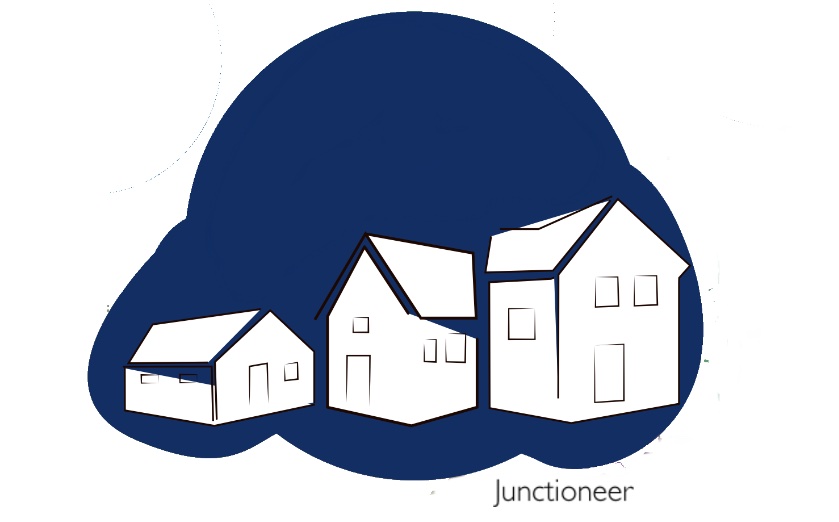Governor Simcoe’s enterprise, is Dundas Street, which was intended by him to be a means of communication throughout the whole of Upper Canada from east to west. ~
It was named by him after the Right Hon. Henry Dundas, Viscount
Melville, who was Colonial Secretary in those days. Only a small portion of it was actually built during Governor Simcoe’s regime.
Dundas Street, a main post-road traversing the Province, and giving access to the large and fruitful region of settlement in the peninsula,was another sagacious undertaking. p260
Particular people of Dundas St,
WM. J. MCCLELLAND, 31 Dundas Street, cattle dealer, established his business in 1869. He exported stock to the U.S. in 1870 and 1871, and to England in 1877 in connection with Rogers, Lambert & Hallam, in which trade he has ever since been engaged. He also ships store steers to Buffalo. P 373
FRANK ROGERS, 57 Dundas Street, cattle dealer, commenced his business as early as 1859. In 1877 he was interested in the export trade in connection with Mr. McClelland and Alderman Hallam, and has been engaged, more or less, in that line ever since. P 373
JAMES MURTON, cattle dealer and wholesale butcher, Dundas Street, established his business in 1870. He kills about forty head of cattle weekly, and does a local trade. P 374
R. S. WILLIAMS & SONS, manufacturers of pianos; factory 31 to 41 Hayter Street ; office and salesrooms, 143 Yonge Street. This business was established in 1854, m a small way, from twelve to fifteen hands being employed. It has been increased from time to time to such an extent that at present employment is given toabout one hundred and fifty skilled work men, who turn out about twenty pianos and six organs per week. In 1854 this firm was the first to introduce the making of melodeons, subsequently introducing harmoniums and organs, being the first in theDominion in that line. Their factory is 40 x 230, and is six storeys high. They have salesrooms at 229 Dundas Street, London, besides local agents in other places. Ten travelling salesmen are employed. P 398
T. & S. BALDWIN, 4 and 6 Dundas Street, lumber dealers, established in 1882. Handle over three million feet annually, employing from six to eight men and eight to ten horses. Deal principally in pine lumber. P 420
WILLIAM BELL, coal and wood merchant, and real estate agent, 83
Dundas Street, is a native of Woolwich, England, and came to Canada
with his parents during the Rebellion in 1837. He served his time to a
machinist in Montreal, and for a number of years afterwards travelled in
the United States. He finally settled in Toronto, and in 1879 was elected
School Trustee for St. Stephen’s Ward, a position he held for four years.
He was elected Alderman for the same ward in 1881, by a large majority, and continued to represent the constituency until 1883,when he resigned,
having been appointed Tax Collector. On the annexation of Brockton to
the city (now St. Mark’s Ward), he was elected School Trustee, and is still
on the Board. His business which has been established now two years is
very extensive, especially in the coal and wood department, and his real
estate business is greatlyon the increase. He is a man highly respected in
his vicinity, andthe public offices he hasand is at present filling is sufficient
testimony that he is fully deserving of public confidence.
Source: HISTORY OF TORONTO AND COUNTY OF YORK ONTARIO;1885


